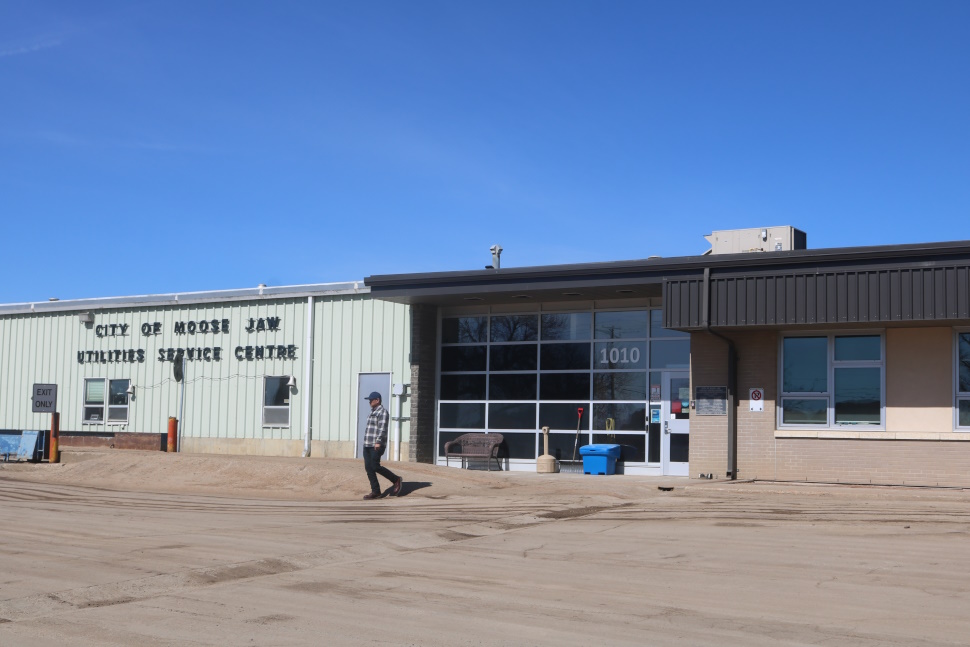The City of Moose Jaw, like virtually every other municipality in the province and country, continues to grapple with the pressures of a volatile construction market, forcing council to reallocate $280,000 to cover a cost overage on an urgent office renovation project at the City Complex.
The decision, made during Monday’s council meeting, highlights a broader trend of rising costs that is delaying or outright cancelling other planned facility upgrades across the city.
The funding transfer was required after the lowest tender for the City Complex office renovations came in at $350,425, which was $135,000 higher than the consultant's original estimate.
Derek Blais, Director of Community Services, told council the renovations are essential to address an "urgent need for additional office space" created by recent staff restructuring and operational growth. He warned that delaying the work would only make matters worse.
"Without this transfer, this project would be delayed until 2026 or potentially later, leading to higher costs and continued inefficiencies," Blais explained.
To cover the shortfall, council approved transferring funds from the complex’s mechanical and building upgrades project. This move means that several planned upgrades, including replacing transit shop heaters and an overhead door, will be scaled back and deferred until at least 2026. However, Blais assured council that the "highest priority mechanical item, which is the boiler replacement," will proceed this year using the remaining funds.
The issue at the City Complex is not an isolated incident. A review of the city’s capital project status reports reveals a pattern of budget pressures , some specifically noted as tariff-related, affecting multiple projects:
- Westheath School Park: Bids received for the planned park building and hockey rink were "double the budgeted amount," forcing the city to defer the project to 2026.
- Kinsmen Sportsplex Pool: A project to renew the facility's waterslide was also delayed to 2026 after "RFP submissions exceeded budget".
Blais said that the mechanical upgrades project at the City Complex has already faced multiple unsuccessful tenders due to a combination of "budget constraints, compliance issues, tariffs, (and a) lack of bids," pointing to a difficult environment for municipal construction projects. The City is required to send out RFPs and issue tenders, but there is a growing risk that local firms simply will not be able to meet requirements, even for necessary projects.
